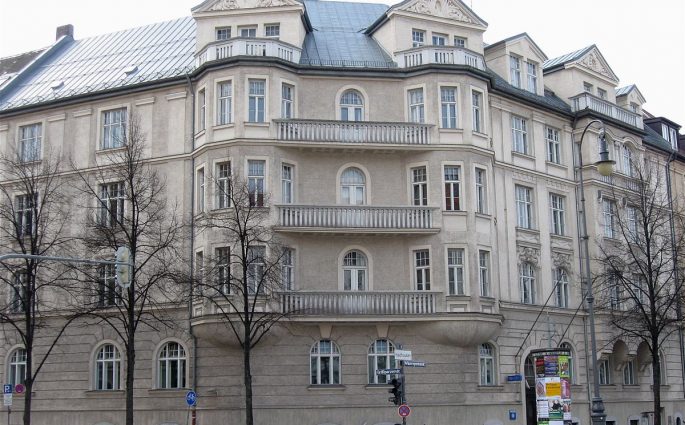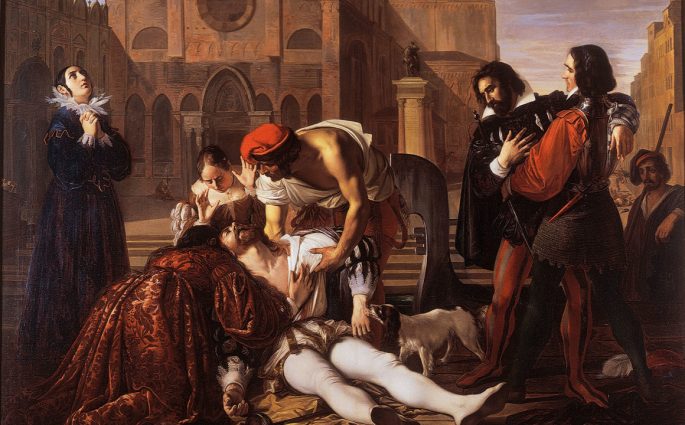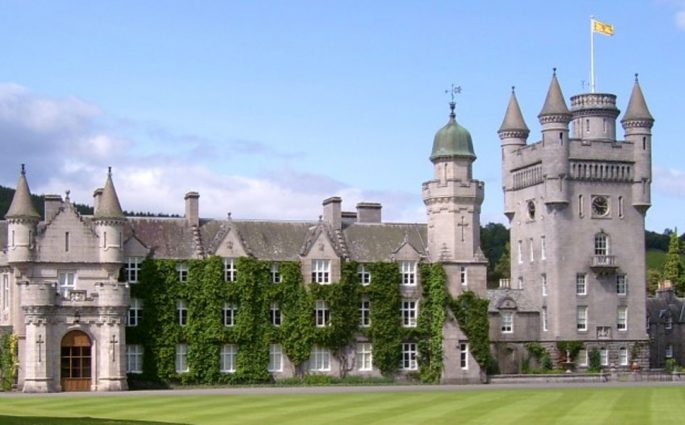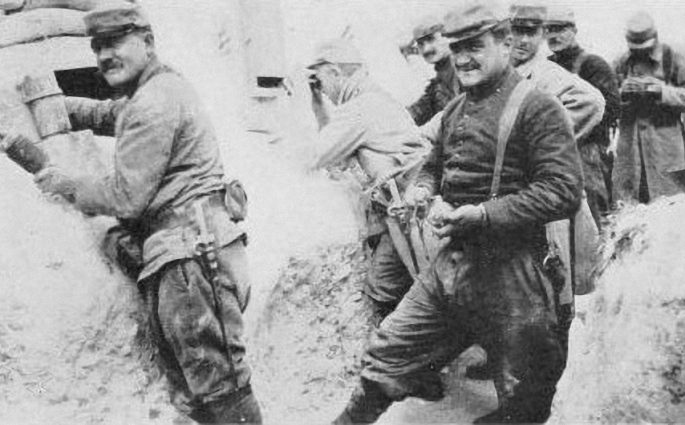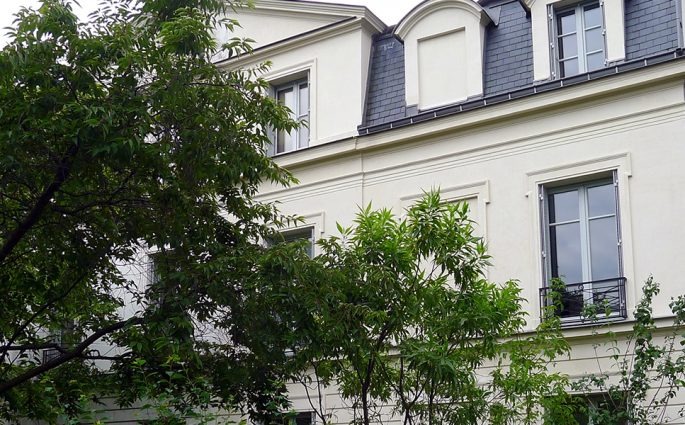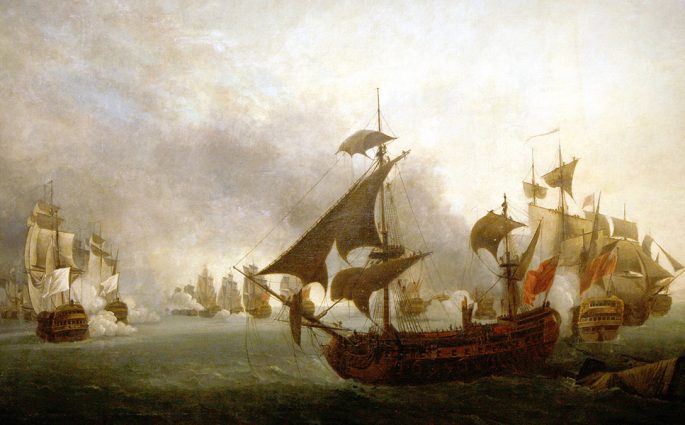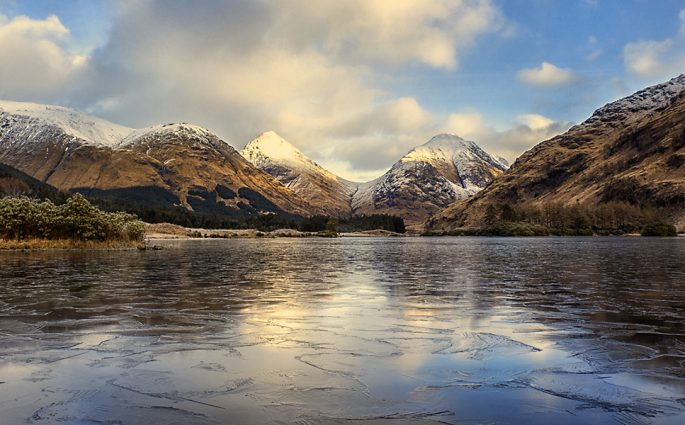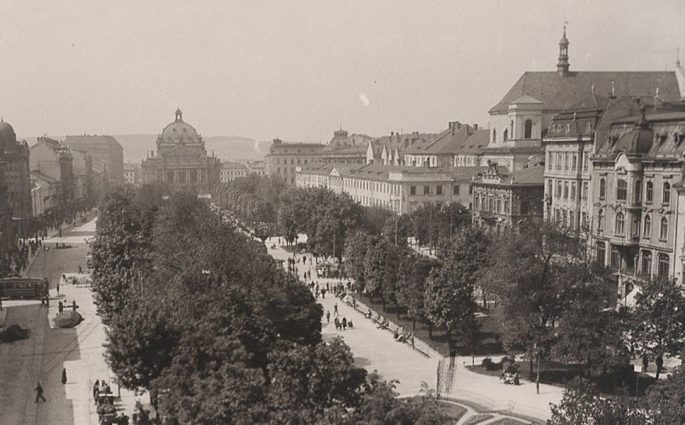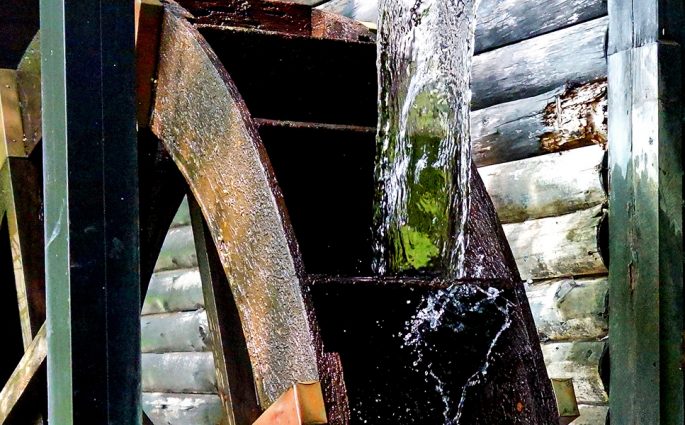Hitler at Home: A Conversation with Despina Stratigakos
Adolf Hitler’s makeover from rabble‑rouser to statesman coincided with a series of dramatic home renovations he undertook during the mid‑1930s. In the brand-new book Hitler at Home, author Despina Stratigakos exposes the dictator’s preoccupation with his private persona, which was shaped by the aesthetic and ideological management of his domestic architecture.

